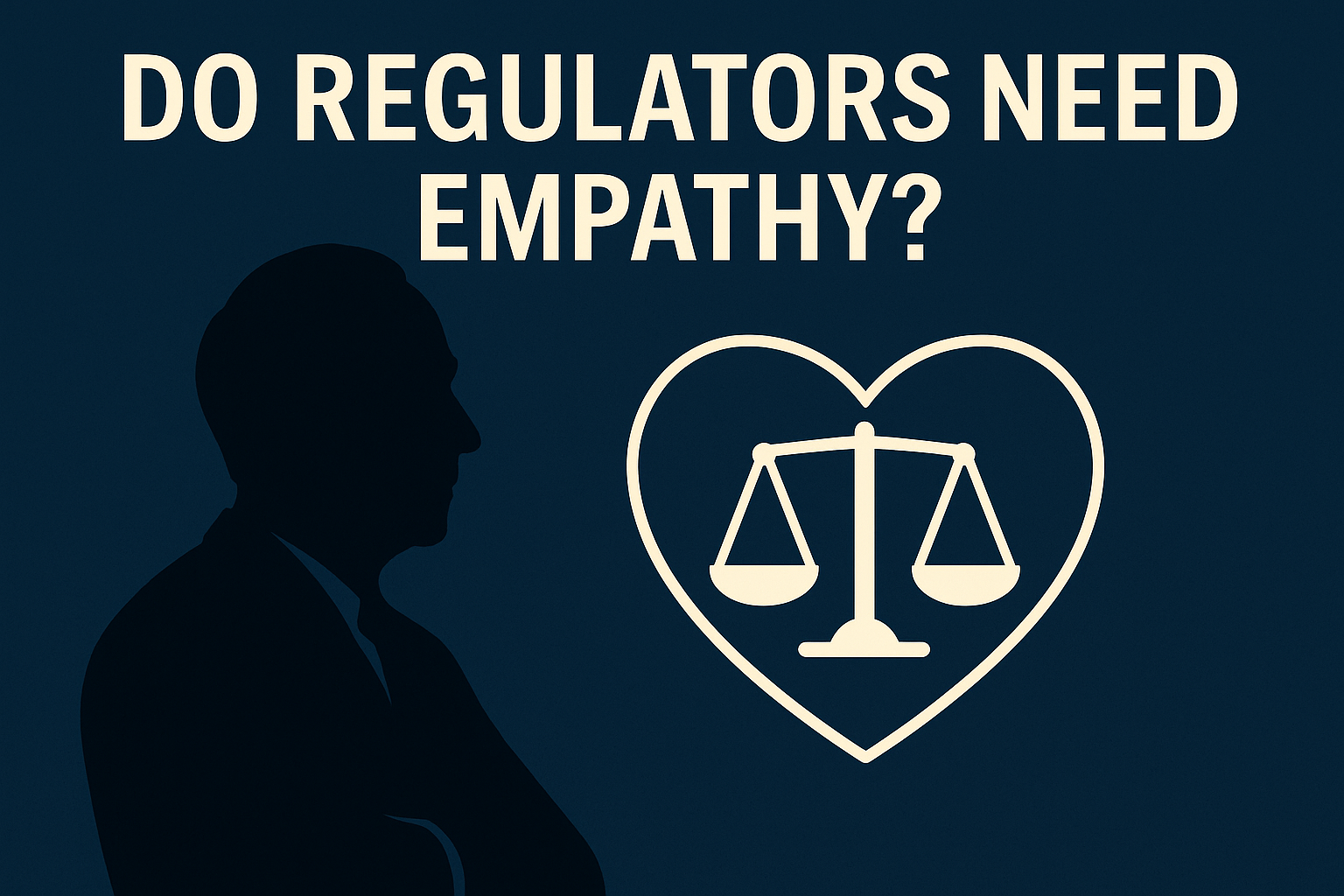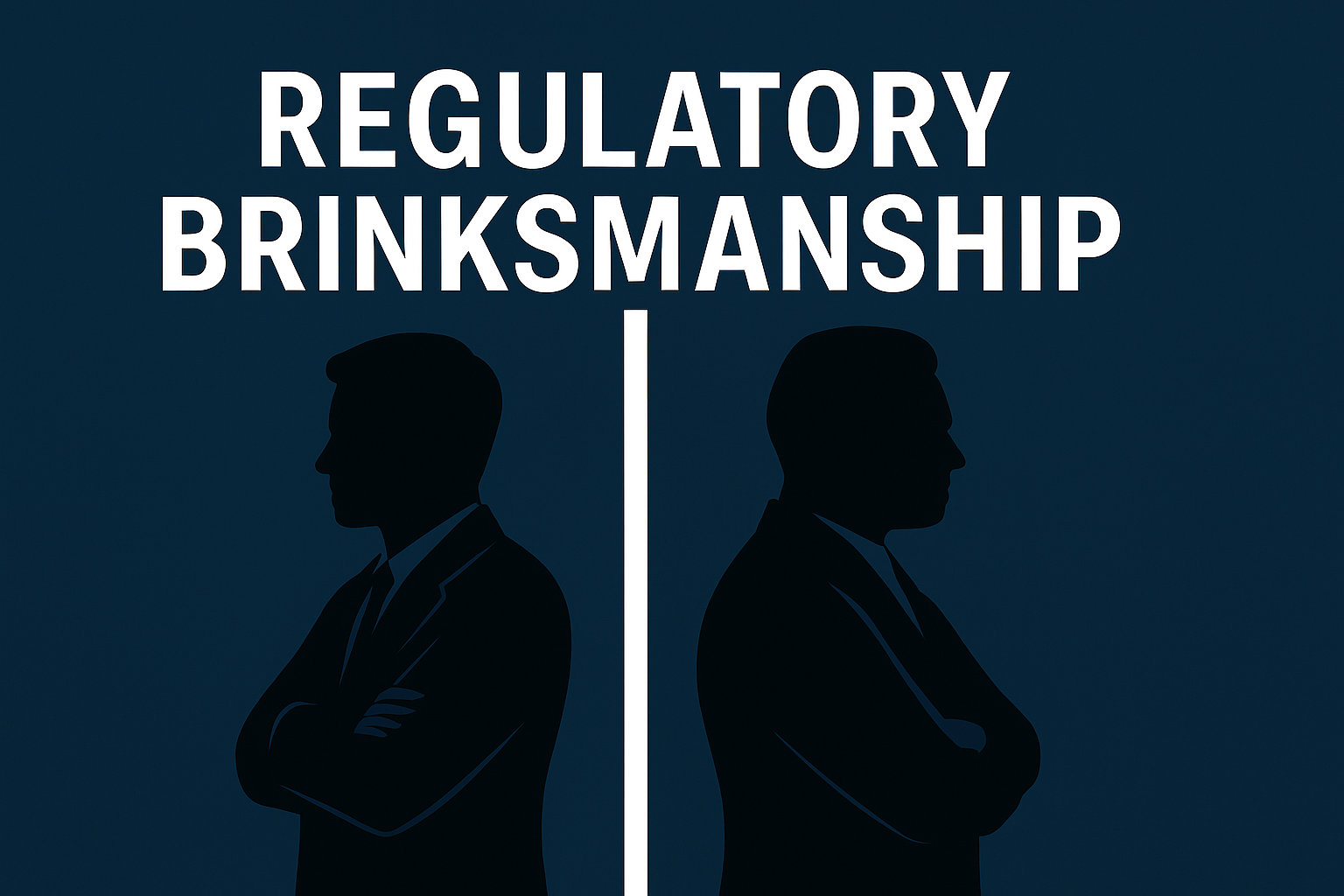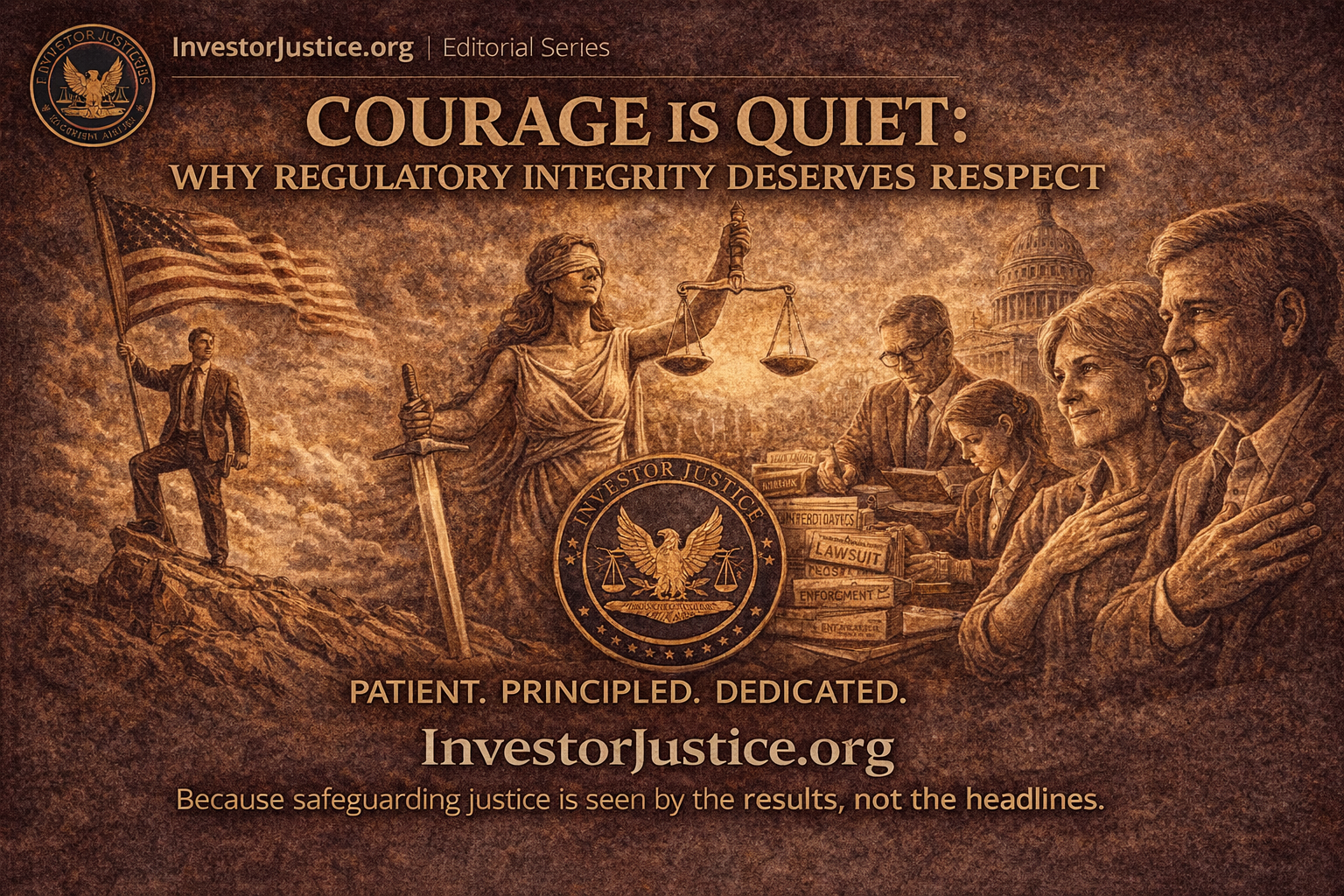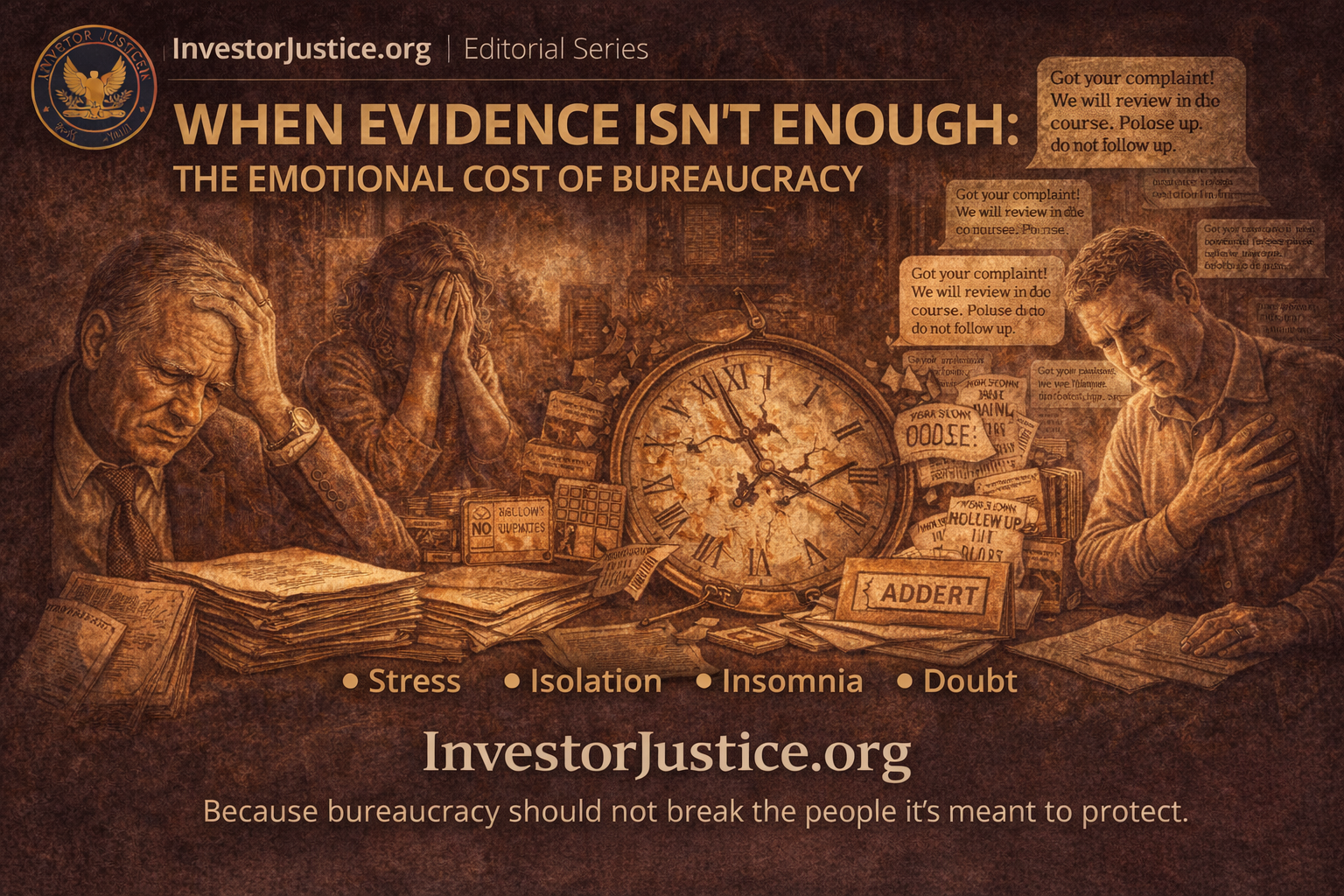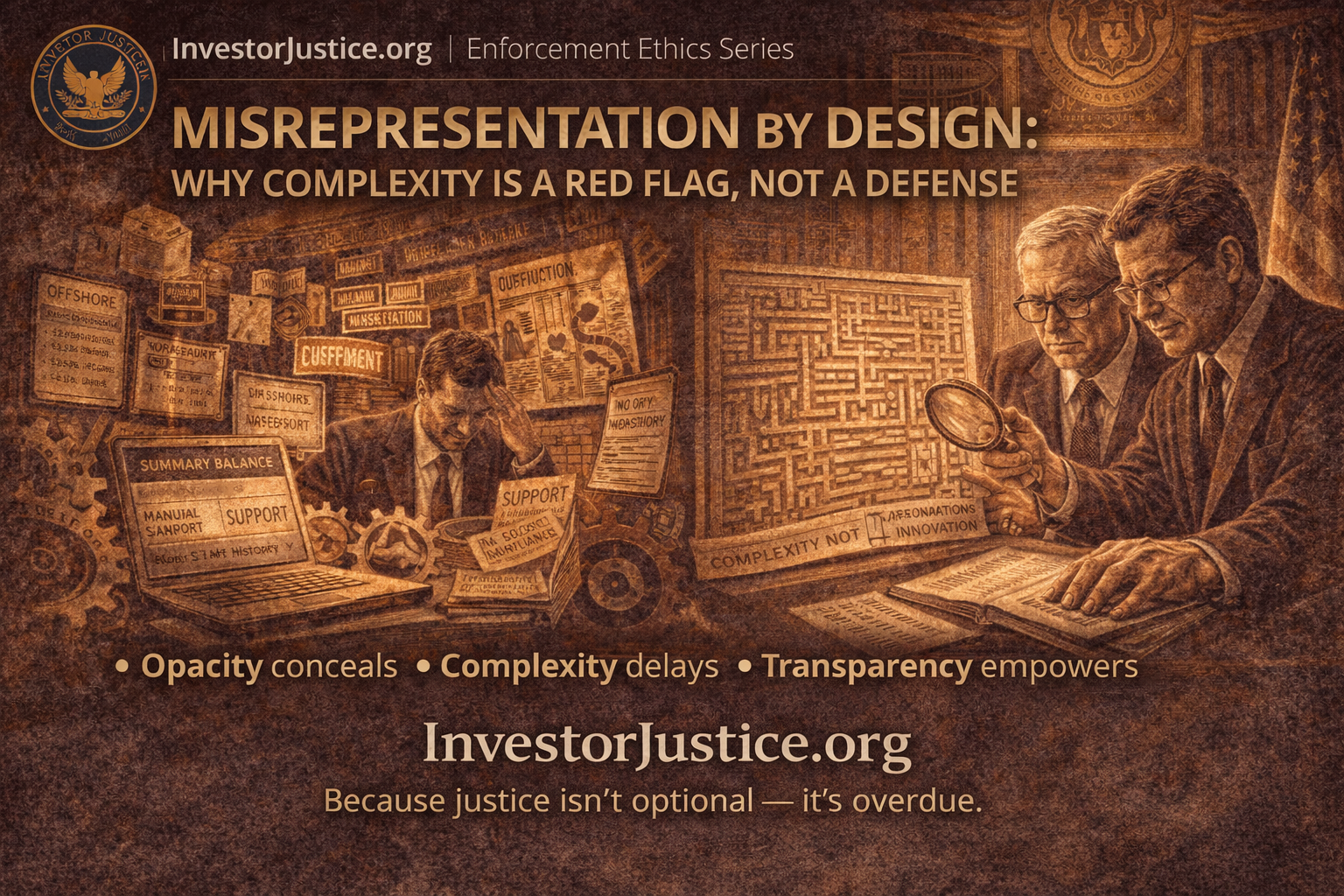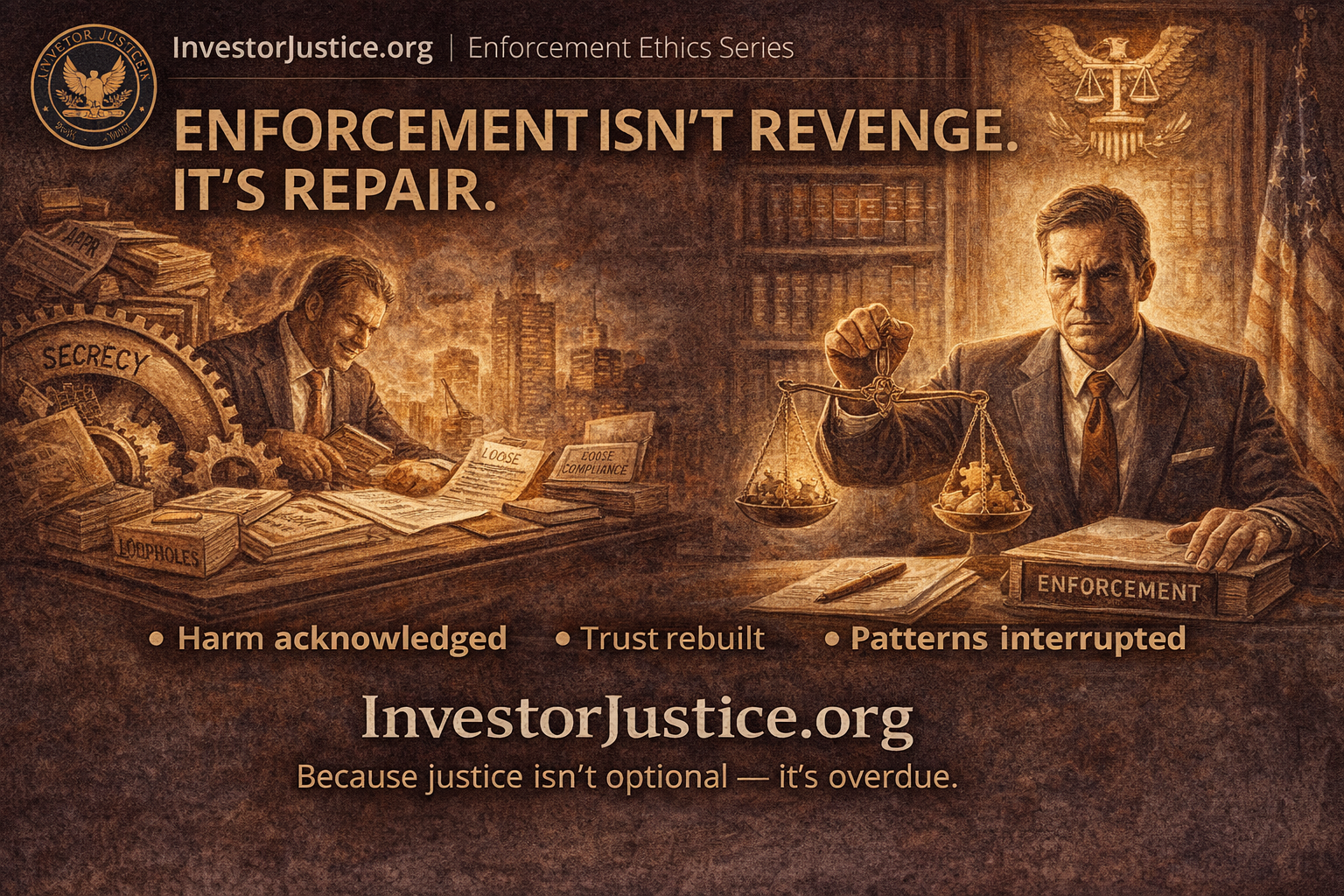Table of Contents
Regulators and attorneys are trained to protect the system, not the individual.
Over time, exposure to harm; financial fraud, predatory behavior, ruined lives, can lead to institutional desensitization.
Like frontline physicians in emergency wards, they develop what psychologists call compassion fatigue: a necessary emotional buffer that prevents collapse, but one that can also dull moral sensitivity.
The Paradox
Professionalism demands objectivity but objectivity without empathy becomes procedural indifference.
In financial regulation, that indifference can mean the difference between timely intervention and delayed justice.
The people enforcing the law see so much harm that they begin to see cases, not people.
It’s efficient. It’s orderly.
And it’s deadly to trust.
Where the Disconnect Starts
Each layer of review; intake officer, investigator, enforcement counsel, general counsel, adds distance between the claimant’s pain and the institutional action.
By the time a decision is made, human suffering has been filtered into “scope,” “jurisdiction,” and “precedent.”
Emotion has been redacted.
This is how enforcement loses its humanity.
It’s not that regulators or attorneys stop caring; it’s that caring becomes professionally inconvenient.
Is Empathy a Risk or a Requirement?
In medicine, empathy is essential and it improves outcomes.
In law, empathy is treated as bias and it is seen as a contaminant to reason.
Yet both professions deal in life-and-death consequences: one physical, one financial.
The difference is that when a regulator misjudges, the heart attack is metaphorical until it isn’t.
When “Professionalism” Masks Avoidance
It’s tempting for agencies to say:
“We must stay neutral.”
But neutrality toward harm can be indistinguishable from complicity.
Empathy isn’t unprofessional — it’s a safeguard against bureaucratic cruelty.
It ensures that enforcement serves the public, not merely the procedure.
The Case for Ethical Empathy
Regulatory empathy doesn’t mean advocacy; it means awareness.
It means remembering that every case file represents a living person; someone’s retirement, medication, or dignity.
The regulator who pauses long enough to imagine that human cost acts not as an activist, but as a guardian of the system’s legitimacy.
The Civic Mandate
Justice is a human function and it requires both intellect and empathy.
When institutions anesthetize their compassion to manage workload or risk, they begin to resemble the very entities they’re meant to restrain.
To protect investors, citizens, and democracy itself, regulators must re-humanize their work.
Because professionalism without empathy is not enforcement.
It’s paperwork.

